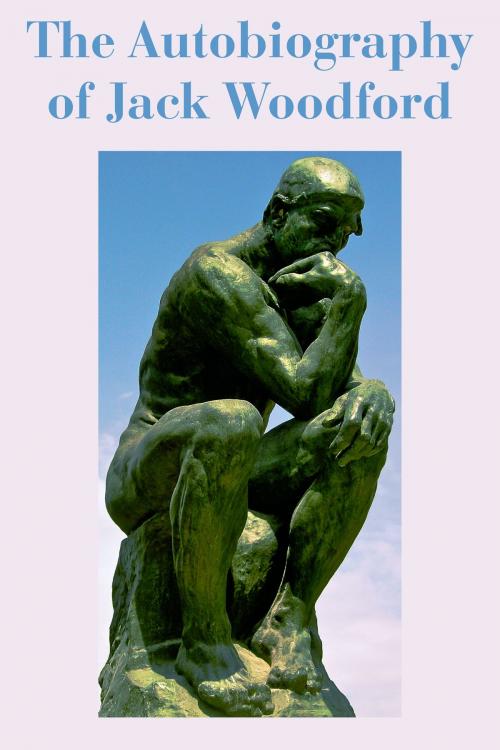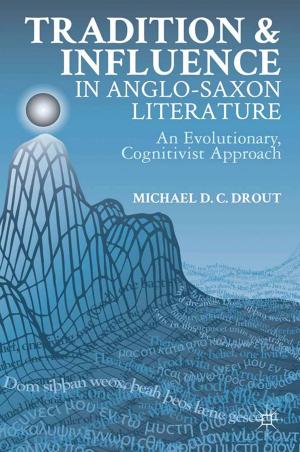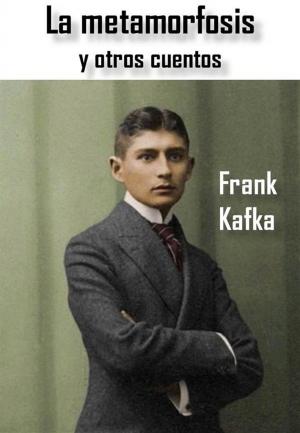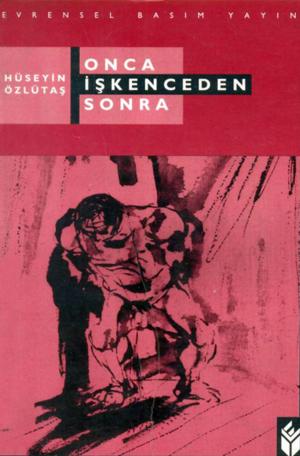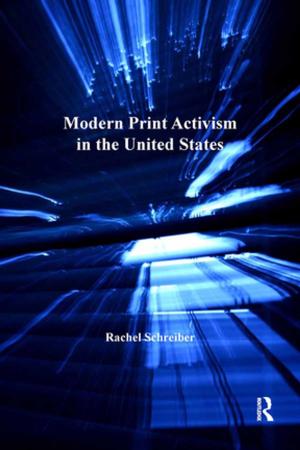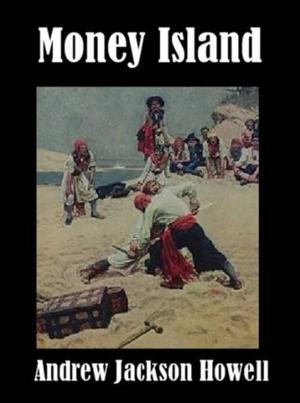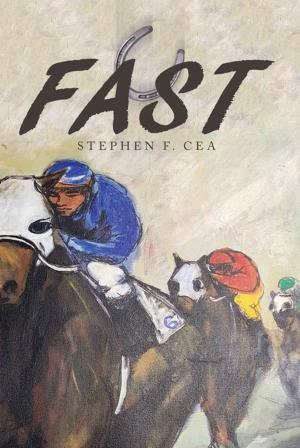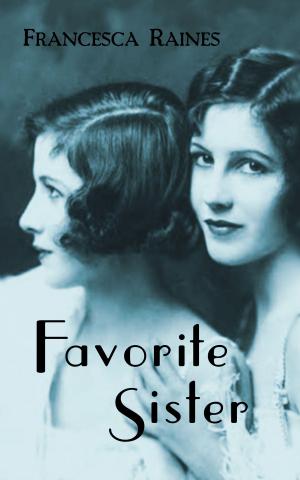| Author: | Jack Woodford | ISBN: | 9781935842316 |
| Publisher: | Askmar Publishing | Publication: | September 30, 2012 |
| Imprint: | Language: | English |
| Author: | Jack Woodford |
| ISBN: | 9781935842316 |
| Publisher: | Askmar Publishing |
| Publication: | September 30, 2012 |
| Imprint: | |
| Language: | English |
Jack Woodford, born Josiah Pitts Woolfolk, is considered by modern professional authors as the leading literary teacher of all time. His non-fiction, how-to-write books were bibles for a generation of would-be writers.
His short stories and novels were targeted at lower- and middle-class male and female readers. He wrote in a contemporary and wised-up manner about intimate matters between guys and dames. They were immensely popular—many were translated into foreign languages.
He was called The American Rabelais (outrageous, crude, raunchy and stubborn) due to his penetrating wit and biting social sarcasm that cut to the bone of American life.
He traveled extensively, living and loving as hard as he could, running with mobsters and dating Hollywood starlets. He details his experiences of when heroin was legal and widely used, to witnessing the famous Chicago Eastland ship disaster, and observes how much less free we are today.
In Hollywood, he details his observations and interactions with Irving Thalberg and Briney Foy, actors such as Charlie Chaplin, Eva Tanguay, and Mae West; and famous screenwriters Bill Conselman, Ben Hecht, and Dalton Trumbo.
In Chicago, he interacted with noted editors such as Edward C. Aswell, Arnold Gingrich, William Randolph Hearst, Ray Long, Henry Justin Smith and noted reporters: Sherwood Anderson, Sir Philip Gibbs, John Gunther, H. Allen Smith, and Vincent Starrett. He based one of the characters in his novel, Find the Motive on a famous Chicago lawyer he knew, Clarence Darrow.
He knew composers George Antheil and Treville La Touche (who dated his daughter) and was friends with a war hero, Frank (Spig) Wead. He rubbed shoulders with writers such as Maxwell Bodenheim, James Branch Cabell,Theodore Dreiser, William Faulkner, Sinclair Lewis, Ezra Pound, Frank Scully, Tiffany Thayer, and Edgar Wallace.
The Autobiography of Jack Woodford provides insightful and penetrating observations of Americans and our life that remain as relevant today, as they were in 1962.
Jack Woodford, born Josiah Pitts Woolfolk, is considered by modern professional authors as the leading literary teacher of all time. His non-fiction, how-to-write books were bibles for a generation of would-be writers.
His short stories and novels were targeted at lower- and middle-class male and female readers. He wrote in a contemporary and wised-up manner about intimate matters between guys and dames. They were immensely popular—many were translated into foreign languages.
He was called The American Rabelais (outrageous, crude, raunchy and stubborn) due to his penetrating wit and biting social sarcasm that cut to the bone of American life.
He traveled extensively, living and loving as hard as he could, running with mobsters and dating Hollywood starlets. He details his experiences of when heroin was legal and widely used, to witnessing the famous Chicago Eastland ship disaster, and observes how much less free we are today.
In Hollywood, he details his observations and interactions with Irving Thalberg and Briney Foy, actors such as Charlie Chaplin, Eva Tanguay, and Mae West; and famous screenwriters Bill Conselman, Ben Hecht, and Dalton Trumbo.
In Chicago, he interacted with noted editors such as Edward C. Aswell, Arnold Gingrich, William Randolph Hearst, Ray Long, Henry Justin Smith and noted reporters: Sherwood Anderson, Sir Philip Gibbs, John Gunther, H. Allen Smith, and Vincent Starrett. He based one of the characters in his novel, Find the Motive on a famous Chicago lawyer he knew, Clarence Darrow.
He knew composers George Antheil and Treville La Touche (who dated his daughter) and was friends with a war hero, Frank (Spig) Wead. He rubbed shoulders with writers such as Maxwell Bodenheim, James Branch Cabell,Theodore Dreiser, William Faulkner, Sinclair Lewis, Ezra Pound, Frank Scully, Tiffany Thayer, and Edgar Wallace.
The Autobiography of Jack Woodford provides insightful and penetrating observations of Americans and our life that remain as relevant today, as they were in 1962.
